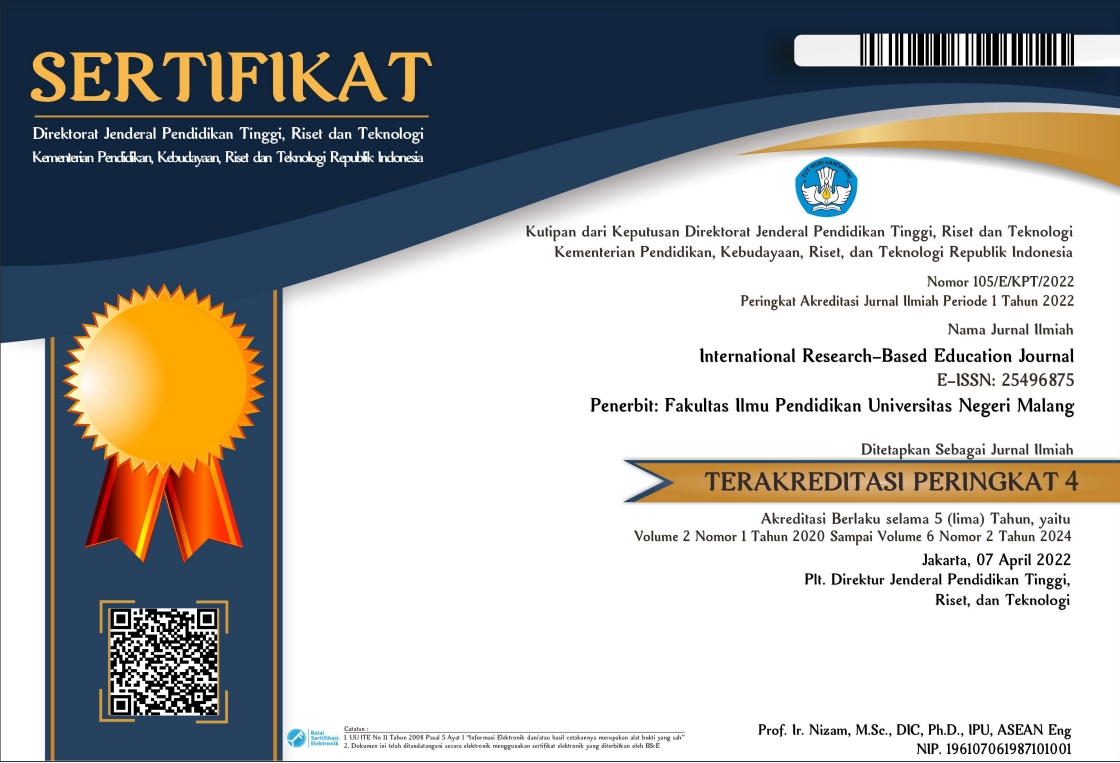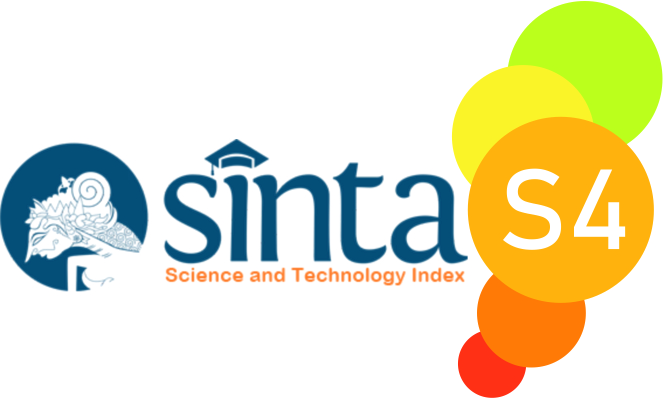A Report Review: Artificial Intelligence and the Future of Teaching and Learning
Abstract
This review provides an insightful overview of "Artificial Intelligence and the Future of Teaching and Learning," a policy report by the United States Department of Education. Keywords such as Artificial Intelligence (AI) development, policy-making, ethics, equity, collaboration, and human-centric approach are emphasised throughout. The review highlights the report's comprehensive analysis, actionable recommendations, and emphasis on inclusive policy-making processes. It underscores the significance of understanding AI's multifaceted nature, its potential to enhance education, and the importance of safeguarding privacy and equity. Practical examples and case studies are discussed, along with recommendations for aligning AI with educational goals. Overall, the review positions the report as a valuable resource for policymakers, educators, and technology developers, guiding them toward responsible AI integration in education.
Keywords
Full Text:
PDFReferences
Akgun, S., & Greenhow, C. (2022). Artificial Intelligence (AI) in education: Addressing societal and ethical challenges in K-12 settings. Proceedings of International Conference of the Learning Sciences, ICLS, 2(3), 1373–1376. https://doi.org/10.1007/s43681-021-00096-7
Chan, C. K. Y. (2023). A comprehensive AI policy education framework for university teaching and learning. International Journal of Educational Technology in Higher Education, 20(1), 30–38. https://doi.org/10.1186/s41239-023-00408-3
Chiu, T. K. F. (2023). The impact of Generative AI (GenAI) on practices, policies and research direction in education: a case of ChatGPT and Midjourney. Interactive Learning Environments, 1–17. https://doi.org/10.1080/10494820.2023.2253861
Floridi, L., & Cowls, J. (2022). A unified framework of five principles for AI in society. Machine Learning and the City: Applications in Architecture and Urban Design, 1, 535–545. https://doi.org/10.1002/9781119815075.ch45
Hamilton, B. (2018). Integrating technology in the classroom: Tools to meet the needs of every student. International Society for Technology Education.
Micallef, A., & Newton, P. M. (2024). The use of concrete examples enhances the learning of abstract concepts: A replication study. Teaching of Psychology, 51(1), 22–29. https://doi.org/10.1177/00986283211058069
Popenici, S. A. D., & Kerr, S. (2017). Exploring the impact of artificial intelligence on teaching and learning in higher education. Research and Practice in Technology Enhanced Learning, 12(1), 12–22. https://doi.org/10.1186/s41039-017-0062-8
Renz, A., & Vladova, G. (2021). Reinvigorating the discourse on human-centered artificial intelligence in educational technologies. Technology Innovation Management Review, 11(5), 5–16. https://doi.org/10.22215/TIMREVIEW/1438
Roshanaei, M., Olivares, H., & Lopez, R. R. (2023). Harnessing AI to foster equity in education: Opportunities, challenges, and emerging strategies. Journal of Intelligent Learning Systems and Applications, 15(04), 123–143. https://doi.org/10.4236/jilsa.2023.154009
Sali, P. Damar, E. (2022). Teacher research as a form of critical praxis: A path to professional development. In Crawford, J., & Filback, R. A. (Eds.). (2022). TESOL Guide for Critical Praxis in Teaching, Inquiry, and Advocacy: Vol. 1, 412-437. IGI Global. https://doi.org/10.4018/978-1-7998-8093-6
Siau, K., & Wang, W. (2018). Building trust in artificial intelligence, machine learning, and robotics. Cutter Business Technology Journal, 31(2), 47–53. https://www.cutter.com/article/building-trust-artificial-intelligence-machine-learning-and-robotics-498981
Strbo, M. (2020). AI based Smart Teaching Process during the Covid-19 pandemic. Proceedings of the 3rd International Conference on Intelligent Sustainable Systems, ICISS 2020, 402–406. https://doi.org/10.1109/ICISS49785.2020.9315963
Torres-Goens, L., & Farley, L. (2017). The impact of reflective practice in a university language class. Reflective Practice, 18(4), 448–462. https://doi.org/10.1080/14623943.2017.1307724
The White House. (2022). Blueprint for an AI Bill of Rights. White House, (October), 1–73. Retrieved from https://www.whitehouse.gov/ostp/ai-bill-of-rights
Zhang, K., & Aslan, A. B. (2021). AI technologies for education: Recent research & future directions. Computers and Education: Artificial Intelligence, 2, 100025. https://doi.org/10.1016/j.caeai.2021.100025
DOI: http://dx.doi.org/10.17977/um043v6i2p245-253
Refbacks
- There are currently no refbacks.

This work is licensed under a Creative Commons Attribution-NonCommercial-ShareAlike 4.0 International License.










1.png)


